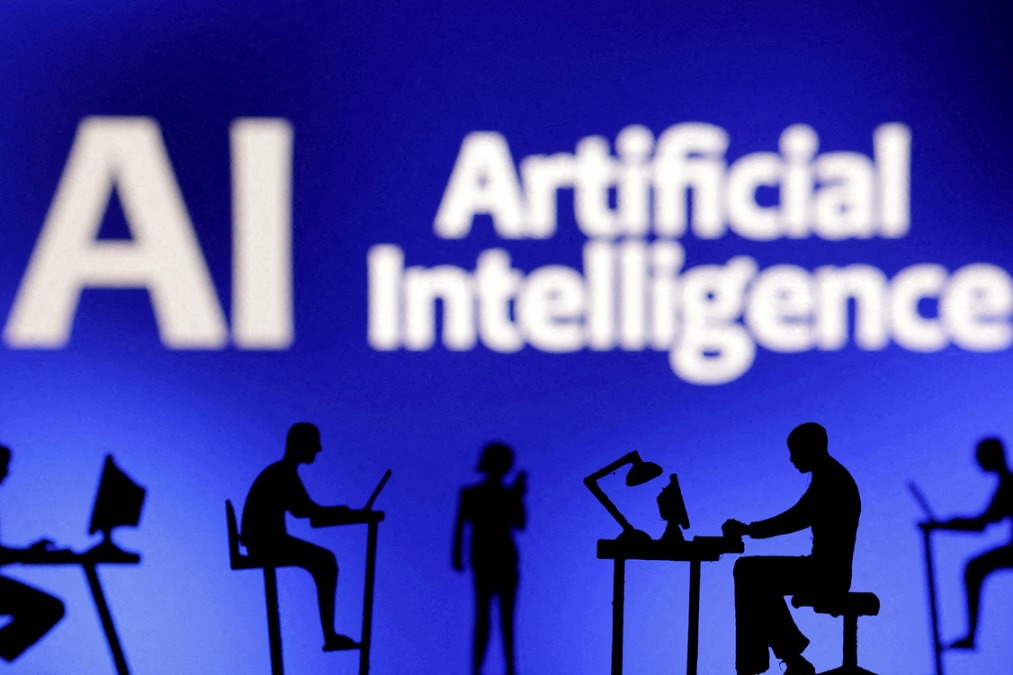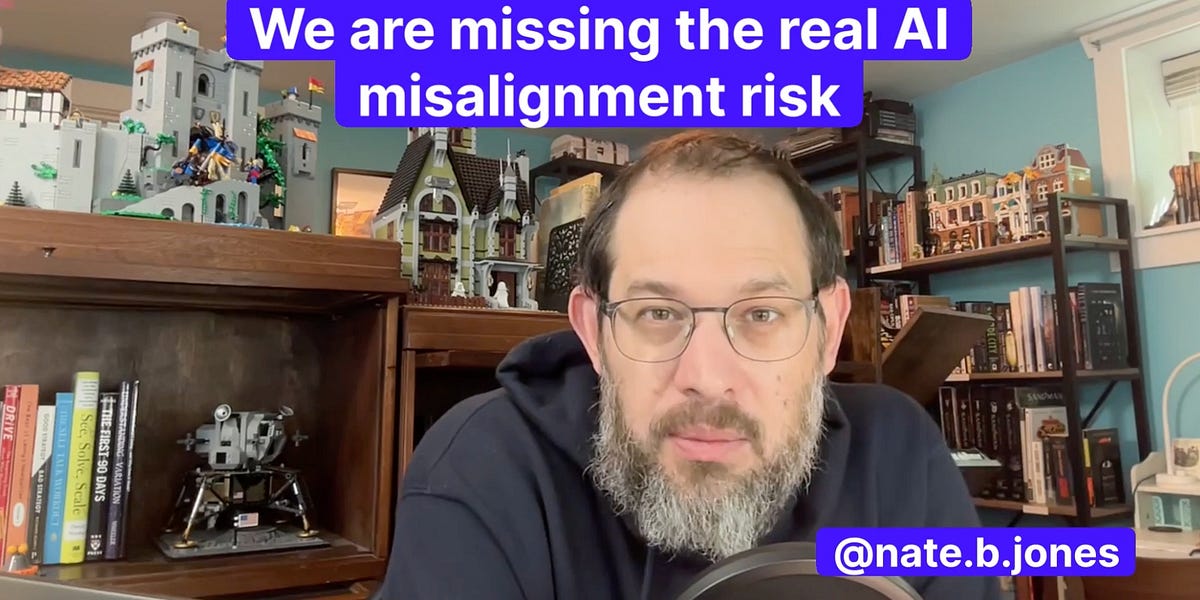Worried About AI-Generated Code? Ask AI To Review It
Software developers are under pressure to work more quickly
gettyIn a fast-paced world, every organisation is under huge pressure to develop its digital products and services more quickly than its rivals. Artificial intelligence (AI) can be a huge help. Microsoft CEO Satya Nadella told the LlamaCon AI conference last week that as much as 30% of its new code is now written by AI. Meta’s Mark Zuckerberg told the same event that half of its development work could soon be done by AI. Google has said AI already writes 25% of its code.
It’s a phenomenon that is gathering pace. Dario Amodei, Anthropic’s CEO, reckons 90% of code will be AI generated within three to six months. Given that his business is all about promoting the take up of AI, he would say that – but the direction of travel now seems very clear.
All of which is good news in many ways, particularly for businesses struggling to get apps, website updates and other digital initiatives out of the door more quickly. Small businesses, for example, can use the technology to compete on a level playing field with much larger organisations. But there are also potential problems – especially the risk of AI writing bad code.
Indeed, one survey published earlier this year warned that more than half of software engineering leaders were finding AI-written code came with deployment errors – and that it forced them to spend more time debugging code. "AI tools have the potential to dramatically reduce this burden by automating repetitive tasks, streamlining workflows, and freeing developers to focus on creative problem-solving and innovation,” says Jyoti Bansal, CEO of Harness, which published the research. “But let’s be clear: AI is not a silver bullet.”
Amartya Jha, co-founder and CEO of CodeAnt AI, could not agree more. “It doesn’t matter how fast you produce code; what’s really important is how well that code performs," Jha says. “Is it free of bugs and security issues – and is it optimised for the purpose it is designed for?”.
In practice, Jha argues, such questions mean that the advent of AI-written code has created a new problem for the software engineering community – more resources are required to check all this content. “As AI-driven coding becomes widespread, the real bottleneck isn't writing code – it's reviewing it,” he warns.
It won’t surprise you to know that CodeAnt AI believes artificial intelligence itself is the answer. The company is today announcing its first institutional funding round, a $2 million seed raise, as it seeks to commercialise a product aimed squarely at the issue the industry is now dealing with. Its platform integrates directly with developer workflows such as GitHub, GitLab, Bitbucket and Azure DevOps to provide almost instantaneous feedback on code quality, security and compliance. The reviews also come with one-click fixes that developers can use to rectify problems identified.
So far, Jha and his colleagues have signed up around 50 paying customers to its platform – the equivalent of around 10,000 users now using CodeAnt AI to review the code they’re writing. The funding round, led by Y Combinator, VitalStage Ventures’ Brian Shin and Uncorrelated Ventures, with participation from DeVC, Transpose Platform, Entrepreneur First, will help the business develop the product further and recruit additional engineering capacity.
CodeAnt AI co-founders Amartya Jha and Chinmay Bharti
CodeAnt AIIt’s a potentially fast-growing market give the sheer volume of AI-generated code out there. CodeAnt AI aims to rival market leaders such as CodeRabbit, which last year announced a $16 million Series A round, revealing that it had around 600 organisations using its code review platform. Businesses including Bito, CodiumAI, Coderbuds and CodeFactor operate in a similar space.
CodeAnt AI’s investors believe there is plenty of work to go round. Tom Blomfield, a partner at Y Combinator, says: “With more and more code being generated by AI, code review has never been more important – CodeAnt ensures that only high-quality code makes it into production.”
Shin is also optimistic. “In a world where AI is rapidly democratising code generation, the bottleneck has shifted to validation,” he says. “This leap forward empowers engineering teams to ship faster while catching issues earlier – a foundational advantage in today’s software-driven economy.”
CodeAnt AI’s customers see the benefits too. One early adopter is the vehicle data company Motorq, where tech lead Sundaraman Venkataramanisays: “ Their AI-driven code reviews, real-time feedback and robust security features have streamlined our development process allowing us to focus on core domain challenges.”
That will sound promising to organisations suffering the kind of issues identified by Harness. Its survey found 59% of developers had experienced deployment errors at least half of the time when using AI tools, 92% believed that AI increased the "blast radius" from bad code reaching production, and 68% spent more time resolving AI-related security vulnerabilities. “Without proper governance, security validation, and clear organizational policies, these tools can inadvertently add to developer stress rather than alleviate it,” Bansal adds.










